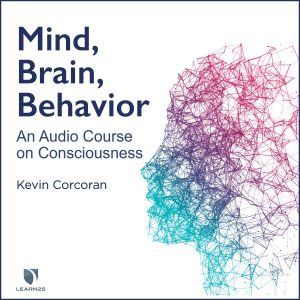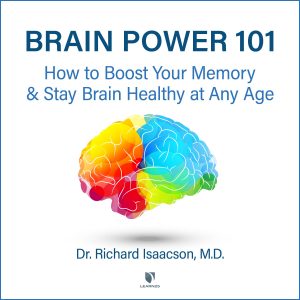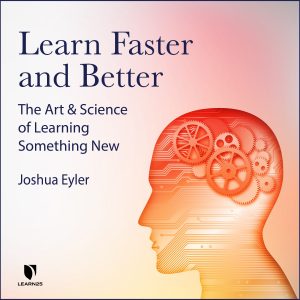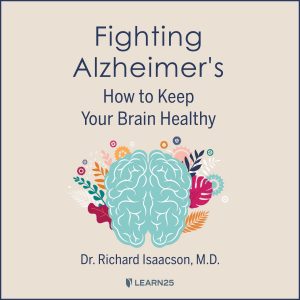Join Daniel Reisberg, Patricia & Clifford Lunneborg Professor of Psychology at Reed College, in an exploration of the slippery and surprising nature of memory.
You rely on your memory in virtually every aspect of your life. In this engrossing audio series, cognitive psychology professor Daniel Reisberg shares modern scientific research on the function and failures of memory. You’ll cover theoretical points, delving into the biology of memory and memory disorders, as well as gain practical information that can help you improve your memory.
In 15 eye-opening lectures, you’ll learn the answers to questions such as:
A consultant and expert witness on eyewitness testimony in judicial proceedings, Professor Reisberg shares his real-world experience of how incorrect or incomplete memories can lead to false convictions.
You’ll also learn how to optimize your own memory, as well as how to recognize and cope with potential signs of me
Join Daniel Reisberg, Patricia & Clifford Lunneborg Professor of Psychology at Reed College, in an exploration of the slippery and surprising nature of memory.
You rely on your memory in virtually every aspect of your life. In this engrossing audio series, cognitive psychology professor Daniel Reisberg shares modern scientific research on the function and failures of memory. You’ll cover theoretical points, delving into the biology of memory and memory disorders, as well as gain practical information that can help you improve your memory.
In 15 eye-opening lectures, you’ll learn the answers to questions such as:
A consultant and expert witness on eyewitness testimony in judicial proceedings, Professor Reisberg shares his real-world experience of how incorrect or incomplete memories can lead to false convictions.
You’ll also learn how to optimize your own memory, as well as how to recognize and cope with potential signs of memory disorders. You’ll discuss timely concerns such as whether the digital age is having a detrimental effect on our collective memory. You’ll also explore the implications of memory in the COVID-19 era.
$21.99




You must be logged in to post a review.
© 2021 Learn 25 | Privacy Policy | Terms of Use | MP3 Downloads | Customer Support
Stay in the know.
Enter your email address for a free coupon, and to find out about future specials and promotions. You may unsubscribe at any time.


In an effort to provide our customers the best possible experience, we have created a new website for you at Learn25.com to browse our selection of over 400 audio and video courses by top professors.
sergio zenere (verified owner) –
Great course this one! We (for good or ill) live in a psychotic culture that worships all sorts of “victims” of this, that and the other thing who, perhaps years or decades later, point fingers at culprits. This course gives one the facts to demystify human memory. The landscape portrait is chilling to say the least. Research shows how one in three witnesses in police identification procedures pick the “wrong” person in the lineup, that is someone the police is sure had nothing to do with the crime. Emotions prevailing at the moment one retrieves memories have an impact that can generate “tunnel vision” and “reconstruct” memories.